An economy is only as good as its gross domestic product (GDP), political climate, and technological development. In many parts of Africa, these three factors are left wanting. Most African economies have low GDPs, unstable political systems, and limited internet coverage. Fortunately, the blockchain provides a technological solution that can help to improve African economies.
According to a report by Standard Media, a simulation carried out by IBM found that blockchain adoption in the economies of South Africa, Kenya, and Nigeria could lead to lower prices, improved real GDP and fiscal balances across every country.
Improved Import and Export Trading
The benefits of blockchain technology in import and export trading are plentiful. The blockchain can enhance customs control, decrease theft, and improve payments to suppliers.
According to City Press: “Banks […] still issue letters of credit to importers, a practice that has remained virtually unchanged for 700 years since its origin in medieval Italy.”
The blockchain can eradicate this issue by creating trust. Intermediaries can be eliminated and the costs of transactions decrease. The blockchain also offers faster trading between businesses, provides real-time data of goods moving in and out of a country, and eliminates barriers such as cross-border regulations, fraud, and customs delays. When all the friction that works against trading is removed, the GDP of an economy will improve as a result.
Perhaps the biggest winners from blockchain-based trading systems will be SMEs. SMEs often have limited financial abilities to cover high trading costs and long transaction processes. The blockchain can get rid of these issues by making it easier for SMEs to export or import products.
Increased Financial Inclusion
Africa has a large unbanked population. According to 2014 World Bank statistics, only about 30 percent of the population in Sub-Saharan Africa have bank accounts. Some of the reasons why so many individuals are unbanked include poverty, lack of documentation, and inaccessible financial institutions.
Luckily, the blockchain has the potential to increase financial inclusion by formalising property such as land. It is not uncommon to find Africans with large pieces of land living in poverty. By formalising this land using blockchain technology, the landowner receives legal protection and a sense of trust. That means that any transaction concerning the piece of land is accessible and cannot be interfered with. Perhaps most importantly, the landowner can use the land as collateral for a loan to develop the land and hence get himself/herself out of the impoverished situation. A company like Land LayBy, for example, is making strides towards applying blockchain technology to the real estate sector in Kenya and Ghana.
The blockchain can increase financial inclusion which in turn increases the spending and investing power of those who were previously unbanked.
Better Delivery of Services by Financial Institutions
A study by the Cambridge Centre for Alternative Finance indicates that 30 percent of distributed ledger technology (DLT) use cases fall under banking and financial services. The study, for instance, found that possible DLT applications that central banks are investigating are the issuance of digital currencies, records management, audit trail, and payments.
On the other hand, a study by Accenture found that banks can save about $10 billion by applying blockchain in clearing and settlements. In Africa, banks refrain from setting up in remote areas due to operational costs concerns. However, by saving on clearing and settlement costs, banks in Africa might be able to afford to reach the unbanked population.
The blockchain has the ability to improve the process of updating customer records and providing digital identities to those without documentation papers. As a result, refugees, for example, could easily access financial services and contribute to the economy of a host country.
Faster Remittances
Remittances play a crucial role in African economies by indirectly contributing to the GDP. Sending remittances through a blockchain-based system takes a shorter time than using conventional money transfer operators such as Western Union.
Additionally, the blockchain eliminates third parties and consequently eliminates extra transaction fees. As a result, more money can come into the continent once blockchain-based remittances are being embraced by the general public.
Transparent Spending of National Expenditure
Money allocated to ministries and various departments in government often goes missing due to corruption. Consequently, projects that need implementation are often postponed to an undefined time period. In addition, potential job opportunities that could have been created are lost. Inquiry committees that are created to find the culprits often provide zero results.
A blockchain-based system that allows all stakeholders to view how the taxpayer’s money is spent might go a long way in providing transparency in state financial matters. In fact, such a system might be improved further by giving the taxpayer a degree of decision making power when it comes to how much to allocate to every sector and which remuneration cuts should be made in order to bridge budget gaps.
Currently, blockchain startups, governments, and financial institutions are still experimenting with the possible use cases for this technology. Blockchain adoption will not happen overnight in Africa but over the coming years, it will be no surprise to see more blockchain-based systems in place in both the public and private sector that will benefit African economies.






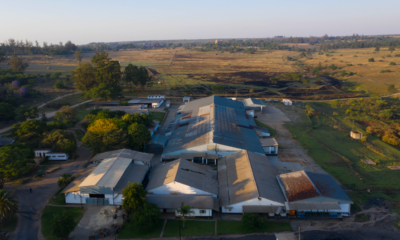







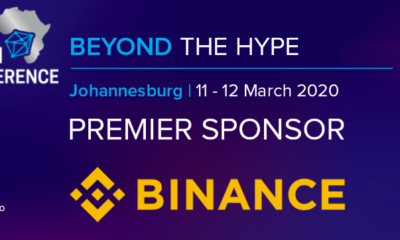

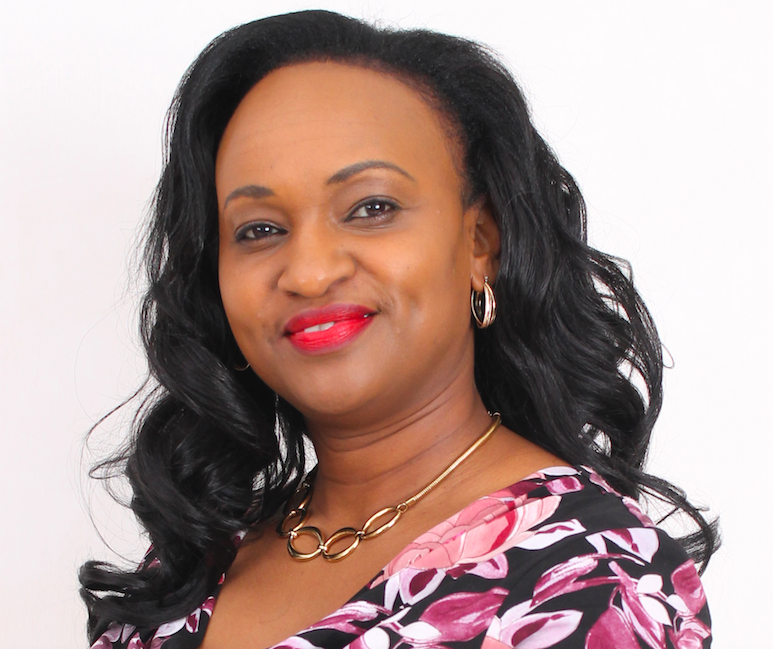
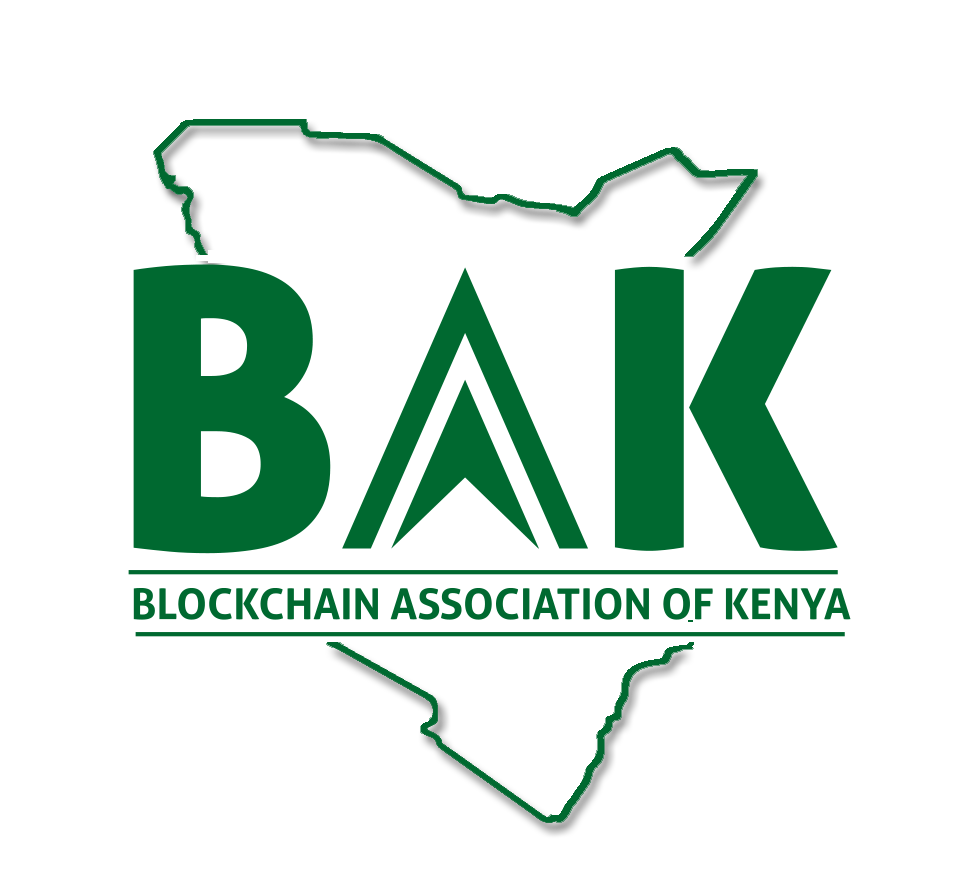 Since it was registered in 2017 as a non-profit, the
Since it was registered in 2017 as a non-profit, the 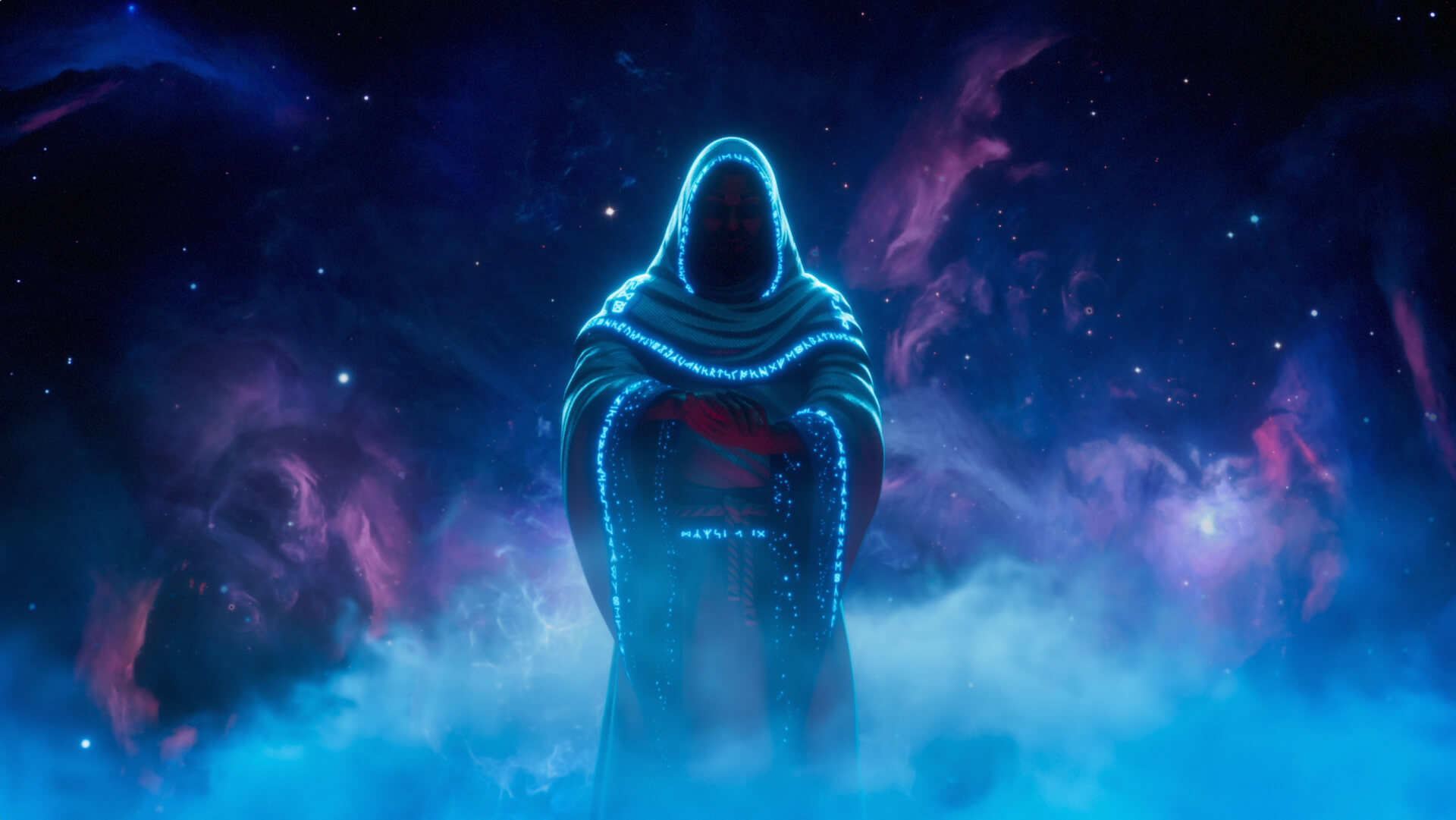
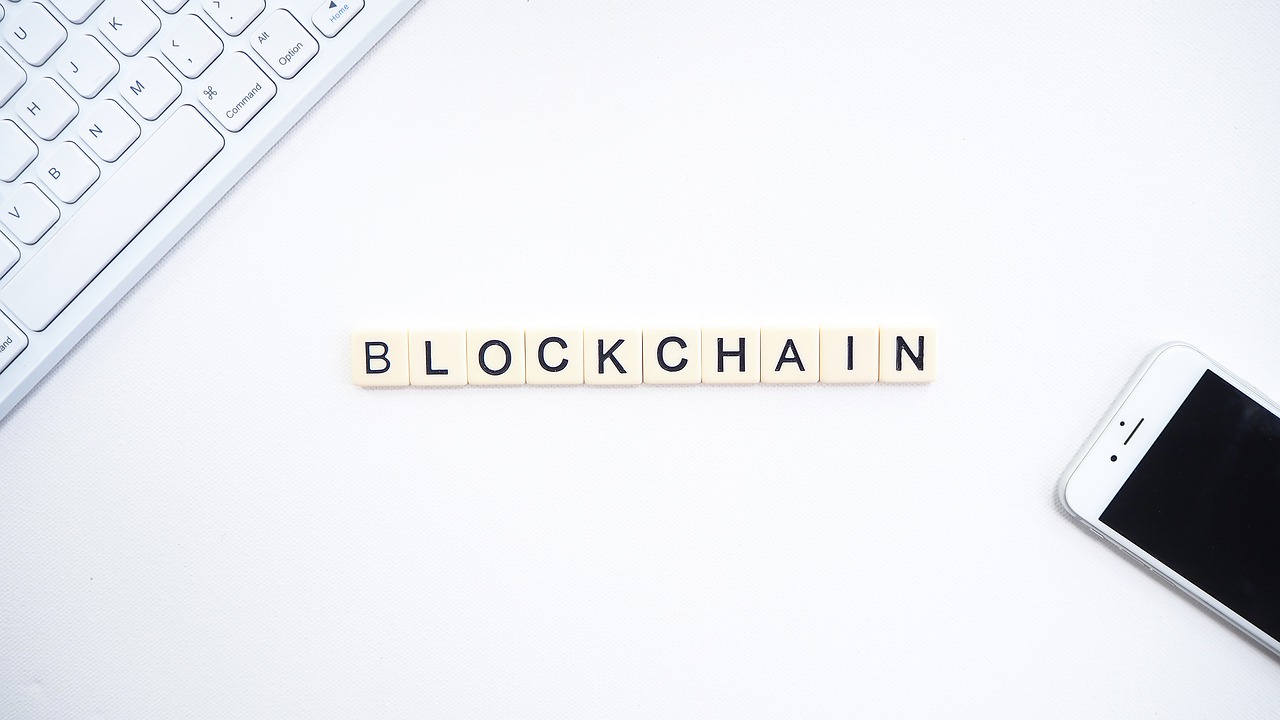
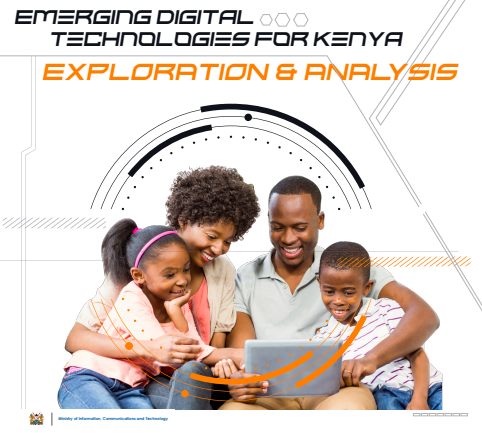
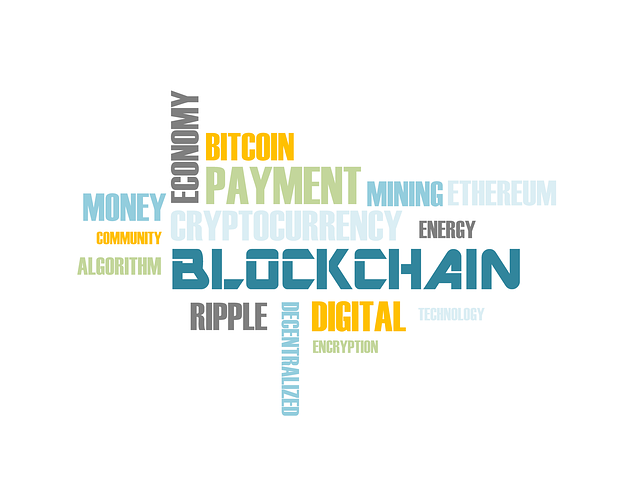 Some of the target implementation areas for blockchain and AI include the Ministry of Lands, Huduma Centres where important documents are issued, and the Ministry of Transport.
Some of the target implementation areas for blockchain and AI include the Ministry of Lands, Huduma Centres where important documents are issued, and the Ministry of Transport.
























